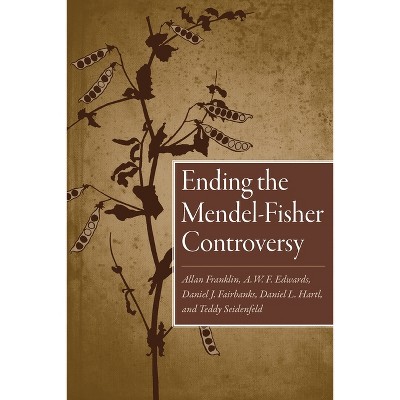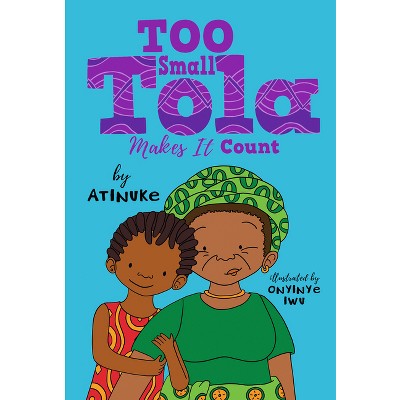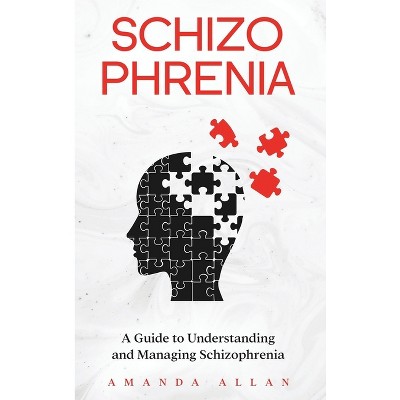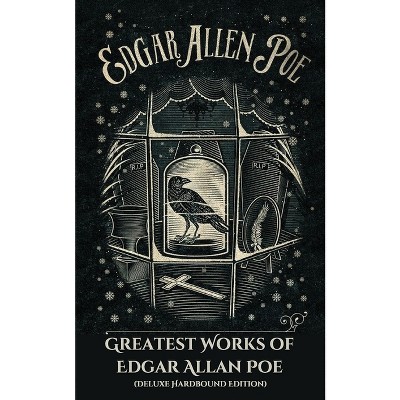Sponsored

What Makes a Good Experiment? - by Allan Franklin (Hardcover)
$59.99
In Stock
Eligible for registries and wish lists
Sponsored
About this item
Highlights
- What makes a good experiment?
- About the Author: Allan Franklin is professor of physics at the University of Colorado.
- 384 Pages
- Science, Philosophy & Social Aspects
Description
About the Book
What makes a good experiment? Although experimental evidence plays an essential role in science, there is no algorithm or simple set of criteria for ranking or evaluating good experiments, and therefore no definitive answer to the question. Experiments can, in fact, be good in any number of ways: conceptually good, methodologically good, technically good, and pedagogically important. This book provides details of good experiments, with examples from physics and biology.Book Synopsis
What makes a good experiment? Although experimental evidence plays an essential role in science, as Franklin argues, there is no algorithm or simple set of criteria for ranking or evaluating good experiments, and therefore no definitive answer to the question. Experiments can, in fact, be good in any number of ways: conceptually good, methodologically good, technically good, and pedagogically important. And perfection is not a requirement: even experiments with incorrect results can be good, though they must, he argues, be methodologically good, providing good reasons for belief in their results. Franklin revisits the same important question he posed in his 1981 article in the British Journal for the Philosophy of Science, when it was generally believed that the only significant role of experiment in science was to test theories. But experiments can actually play a lot of different roles in science--they can, for example, investigate a subject for which a theory does not exist, help to articulate an existing theory, call for a new theory, or correct incorrect or misinterpreted results. This book provides details of good experiments, with examples from physics and biology, illustrating the various ways they can be good and the different roles they can play.Review Quotes
A very useful sourcebook of classic experiments, giving enough detail to show what is going on in each of them but discussing enough separate experiments that one can see a variety of experimental virtures. Responsible and well-informed.-- "Metascience"
Allan Franklin's analysis of various relevant experiments raises important philosophical issues and also provides insightful ideas that one can develop further. His books have proven an invaluable source for the purposes of philosophical and historical analysis of experimentation, and What Makes a Good Experiment? is no exception.-- "Slobodan Perovic, University of Belgrade"
The philosophy of experiment is an understudied but essential area of research. By further elucidating the different roles experiments can play in science, Franklin's newest book makes a significant contribution to this literature. . . . Franklin's book incorporates an impressive assortment of important and interesting experiments that will be of interest to physicists and advanced undergraduate students, graduate students, and scholars in the history and philosophy of science.-- "Physics in Perspective"
This book is obviously relevant for any philosopher of science working in the epistemology of experiment, but I would also recommend it to anyone who needs their view of experiments as testers of theory updated with a more nuanced and variegated picture.-- "Philosophy of Science"
Well suited for historians and philosophers of science with a strong background in particle physics. The endnotes and references are ample for further study.-- "Choice"
About the Author
Allan Franklin is professor of physics at the University of Colorado. He has twice been chair of the Forum on the History of Physics of the American Physical Society and has served two terms on the executive council of the Philosophy of Science Association. In 2016, Franklin received the Abraham Pais Prize for History of Physics from the American Physical Society. He is the author of eleven books, including, most recently, Shifting Standards: Experiments in Particle Physics in the Twentieth Century.Dimensions (Overall): 9.2 Inches (H) x 6.2 Inches (W) x 1.3 Inches (D)
Weight: 1.6 Pounds
Suggested Age: 22 Years and Up
Number of Pages: 384
Genre: Science
Sub-Genre: Philosophy & Social Aspects
Publisher: University of Pittsburgh Press
Format: Hardcover
Author: Allan Franklin
Language: English
Street Date: May 3, 2016
TCIN: 94452217
UPC: 9780822944416
Item Number (DPCI): 247-15-4522
Origin: Made in the USA or Imported
If the item details aren’t accurate or complete, we want to know about it.
Shipping details
Estimated ship dimensions: 1.3 inches length x 6.2 inches width x 9.2 inches height
Estimated ship weight: 1.6 pounds
We regret that this item cannot be shipped to PO Boxes.
This item cannot be shipped to the following locations: American Samoa (see also separate entry under AS), Guam (see also separate entry under GU), Northern Mariana Islands, Puerto Rico (see also separate entry under PR), United States Minor Outlying Islands, Virgin Islands, U.S., APO/FPO
Return details
This item can be returned to any Target store or Target.com.
This item must be returned within 90 days of the date it was purchased in store, shipped, delivered by a Shipt shopper, or made ready for pickup.
See the return policy for complete information.











